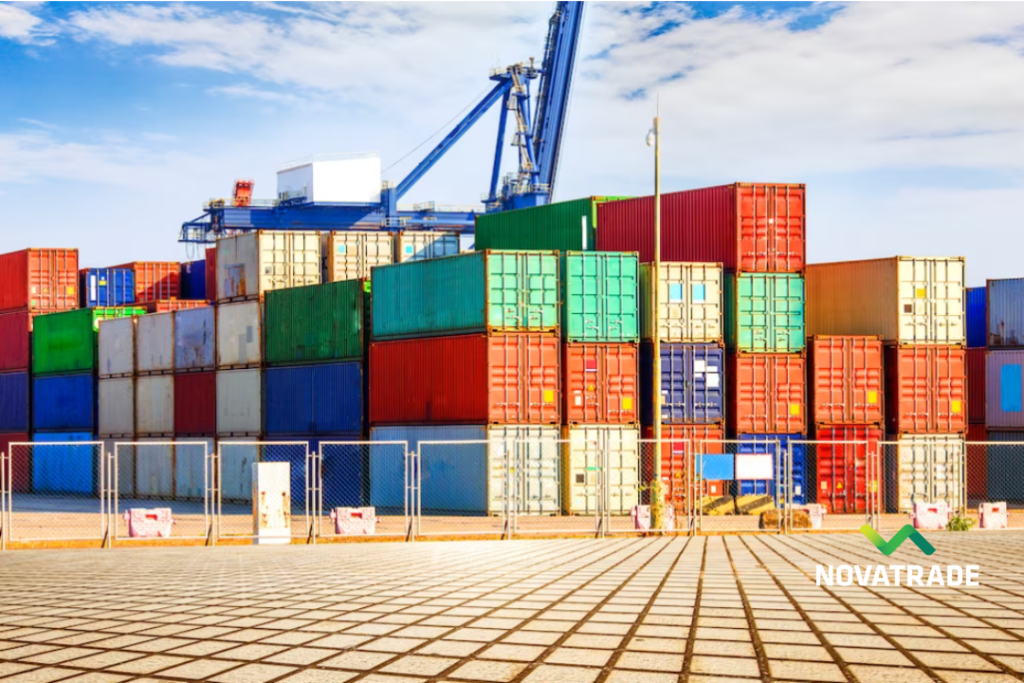
Grenada’s main imported goods
Grenada, a small Caribbean island nation, has a diverse array of imported goods that supports its economy, as the country relies heavily on imports to meet domestic demand due to limited local production. Grenada’s primary imported goods include machinery and transport equipment, manufactured goods, chemicals, food products, and fuel. These imports are crucial to supporting Grenada’s infrastructure, industry, and daily needs, including the tourism industry, which is an essential economic sector.
1. Machinery and Transport Equipment
One of Grenada’s most significant categories of imports is machinery and transport equipment, including electrical machinery, appliances, and vehicles. The nation’s infrastructure and various industries, particularly construction and tourism, require advanced machinery to operate efficiently. Imported vehicles are essential for both commercial and personal use, serving local businesses and residents as well as tourists. Grenada relies on importing construction equipment and maintenance machinery, which support development projects, repair work, and other infrastructure improvements.
2. Manufactured Goods
Manufactured goods, such as building materials, textiles, and consumer goods, are vital imports for Grenada. The country’s tourism-driven economy requires a steady supply of these goods to accommodate its hotels, resorts, and restaurants. Building materials like cement, steel, and wood are necessary for construction and maintenance projects. Additionally, Grenada imports a variety of finished consumer goods, including furniture, electronics, and household appliances, which are essential for meeting both the tourism industry’s demands and the needs of local residents.
3. Chemicals and Pharmaceuticals
Grenada imports various chemicals, including fertilizers, pesticides, and industrial chemicals. Fertilizers and pesticides are particularly significant for Grenada’s agricultural sector, as they support the cultivation of key crops like nutmeg, cocoa, and bananas, which are among the country’s primary exports. Furthermore, the nation relies on imported pharmaceuticals to meet the healthcare needs of its population. As Grenada lacks large-scale pharmaceutical manufacturing, medicines, medical equipment, and other healthcare supplies are imported to ensure access to quality healthcare for residents and visitors.
4. Food Products
Given Grenada’s limited agricultural production capacity, the island depends heavily on food imports to supply its population. Food imports include basic staples like rice, flour, sugar, and packaged foods, as well as dairy products, meats, and fresh produce that may not be locally available. Grenada also imports beverages and processed foods, which are especially important in supporting the tourism industry and providing a variety of culinary options for tourists and locals alike. As the country’s food production is limited to certain fruits, vegetables, and spices, a significant portion of its food supply is sourced internationally.
5. Fuels and Petroleum Products
Grenada imports almost all of its fuel and petroleum products, as it lacks domestic energy resources. Imported fuel is crucial for transportation, electricity generation, and powering machinery across the island. The energy demands of the tourism industry, households, and businesses require a steady supply of fuel, making petroleum products one of Grenada’s largest import categories by value. In recent years, Grenada has also started exploring renewable energy options, but it remains reliant on imported fossil fuels to meet most of its energy needs.
Key Trading Partners
Grenada imports goods primarily from countries like the United States, Trinidad and Tobago, China, and the United Kingdom. The U.S. is a particularly important trading partner, providing a wide range of consumer goods, machinery, vehicles, and food products. Trinidad and Tobago supplies petroleum products, while China is a key source for manufactured goods and machinery. Additionally, Grenada has trade relationships with other Caribbean Community (CARICOM) nations, which offer preferential trade terms and help facilitate the import of essential goods.
In conclusion, Grenada’s economy depends heavily on imports to meet the demands of its population and industries, especially given the significant role tourism plays in the national economy. By importing machinery, manufactured goods, chemicals, food products, and fuel, Grenada sustains its development and meets the demands of residents and visitors alike.




Leave a Reply